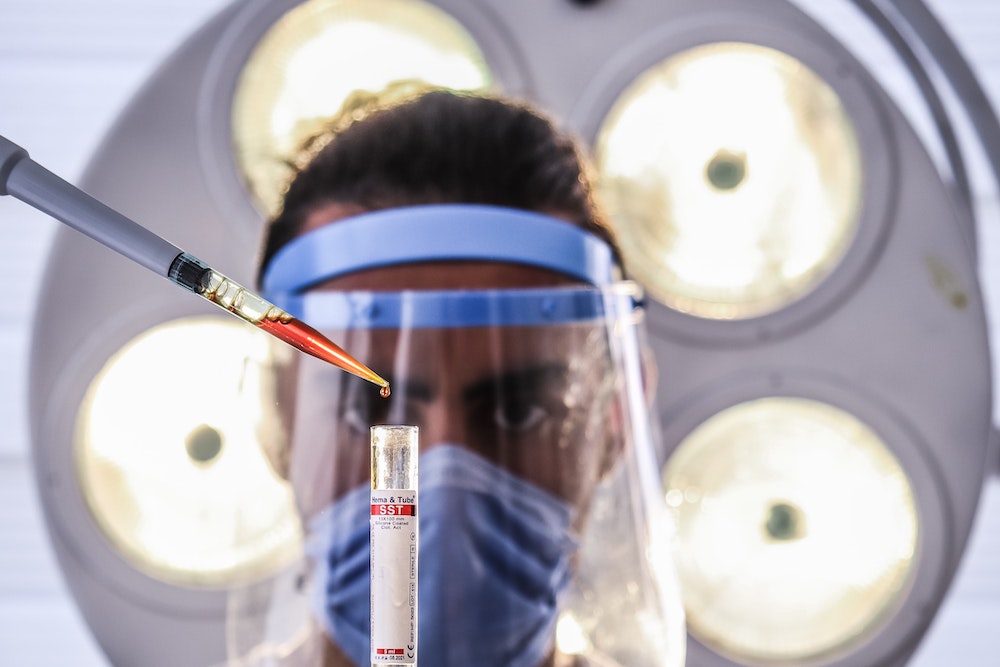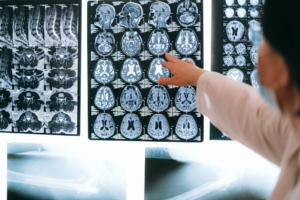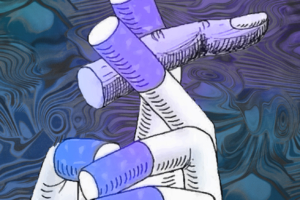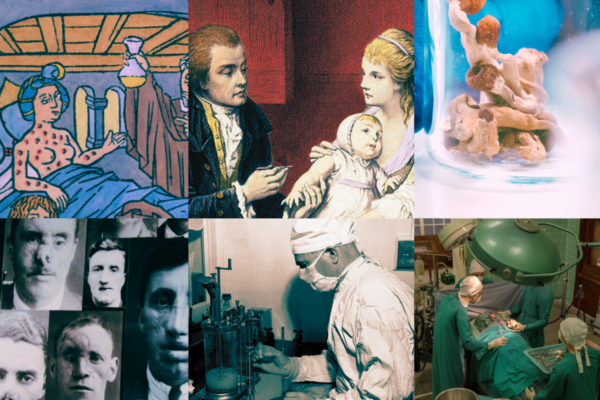
The University of California, San Francisco (UCSF) is creating a Neuroscape Psychedelics Division, a multidisciplinary research center to bridge the gap between neuroscience and technology. The division, funded by $6.4 million in private donations, will take a translational research approach to integrate cutting-edge neuroscience technology with psychedelics treatment. As part of that effort, the division will be conducting a Multidisciplinary Association for Psychedelic Studies (MAPS)-supported phase III clinical trial investigating MDMA for the treatment of post-traumatic stress disorder (PTSD).
“Our generous funders are making possible a major leap forward in generating evidence of clinical efficacy and safety for individuals using psychedelics to treat a broad range of mental health conditions, including depression, anxiety, PTSD, and addiction,” says Adam Gazzaley, Executive Director of Neuroscape. “At Neuroscape, we have taken a neuroscience-based, closed-loop approach to creating experiential medicine, including the first FDA-cleared video game as a medical therapeutic. We are excited to apply this same approach to understanding how we can deliver psychedelic treatments in a more personalized and precisely-targeted manner.”
UCSF’s Neuroscape Psychedelics Division will focus on “set and setting,” the contextual elements that shape patient experience, including conditions that exist prior to, during, and after treatments. Throughout these stages, study participants’’ neural and physiological status will be recorded, while environmental conditions, such as music, light, and scent, are adjusted accordingly.
“This research will allow us to understand if a particular treatment is well-suited to an individual, assessing in real-time how an experience is unfolding. We aim to dynamically adjust key contextual elements in a way that guides patients toward an optimal experience — thus maximizing long-term, sustainable positive benefits,” says Jennifer Mitchell, Associate Professor of Neurology and Psychiatry at UCSF. Mitchell will be leading the university’s clinical trials on MDMA for PTSD.





